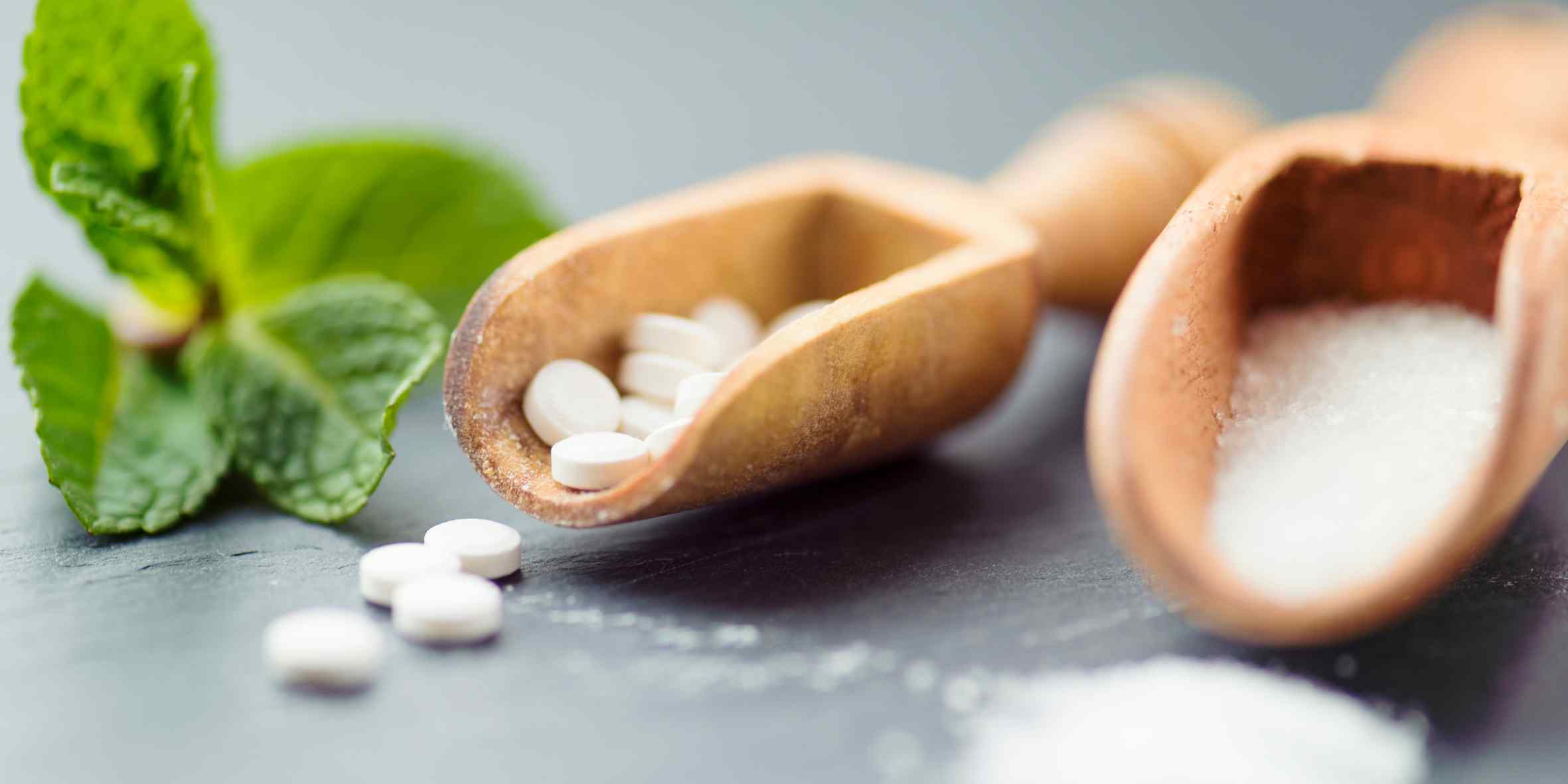Internet Asks: "Does Dr Pepper Zero Have Aspartame?"
Dr Pepper Zero Sugar, often simply referred to as Dr Pepper Zero, has become a popular choice for those seeking the classic taste of Dr Pepper without the sugar content. As health-conscious consumers increasingly scrutinize the ingredients in their beverages, a common question arises: does Dr Pepper Zero have aspartame? In this article, we will delve into the ingredients of Dr Pepper Zero, explore the role of aspartame, and discuss the latest information and facts about this widely used artificial sweetener.
sponsored links

What is Dr Pepper Zero?
Dr Pepper Zero is a sugar-free version of the classic Dr Pepper soda. It's designed to offer the same unique blend of 23 flavors without the calories and sugar found in the original version. This makes it an attractive option for those looking to reduce their sugar intake while still enjoying the familiar taste of Dr Pepper.
Does Dr Pepper Zero Have Aspartame?
Yes, Dr Pepper Zero does contain aspartame. Aspartame is one of the artificial sweeteners used to provide the sweetness in Dr Pepper Zero without adding sugar or calories. In addition to aspartame, Dr Pepper Zero also contains acesulfame potassium (Ace-K), another artificial sweetener. These ingredients work together to create the iconic taste of Dr Pepper Zero while keeping it free from sugar and calories.
To give you a clearer picture, here's a breakdown of the main ingredients found in Dr Pepper Zero:
- Carbonated Water
- Caramel Color
- Phosphoric Acid
-
Aspartame
-
Acesulfame Potassium (Ace-K)
- Natural and Artificial Flavors
- Sodium Benzoate (Preservative)
- Caffeine
What is Aspartame?
Aspartame is a low-calorie sweetener that is approximately 200 times sweeter than sucrose (table sugar). It is commonly used in various diet sodas, sugar-free gums, and other low-calorie or sugar-free products. Aspartame is composed of two amino acids, aspartic acid and phenylalanine, which are naturally occurring in many protein-containing foods.
Despite its widespread use, aspartame has been the subject of controversy and debate regarding its safety and potential health effects.
sponsored links
Health Considerations and Safety of Aspartame
The use of aspartame has been the subject of extensive research and regulatory review. Leading health organizations, including the U.S. Food and Drug Administration (FDA), the European Food Safety Authority (EFSA), and the World Health Organization (WHO), have deemed aspartame to be safe for consumption within established daily intake limits.
For most people, consuming aspartame in moderate amounts is considered safe. However, individuals with the genetic disorder phenylketonuria (PKU) must avoid aspartame, as they cannot metabolize phenylalanine, one of its components. Foods and beverages containing aspartame are required to carry a warning label for people with PKU.
Daily Intake Limits
The FDA has set the Acceptable Daily Intake (ADI) for aspartame at 50 milligrams per kilogram of body weight. This translates to a high number of cans of diet soda per day for the average adult, well beyond typical consumption levels.
Comparing Dr Pepper Zero to Other Diet Sodas
When considering whether to choose Dr Pepper Zero or another diet soda, it's helpful to compare ingredients. Many diet sodas, such as Diet Coke and Diet Pepsi, also use aspartame as a sweetener. However, the flavor profiles and additional ingredients can vary, so personal preference plays a significant role in your choice.
Conclusion
Dr Pepper Zero does contain aspartame, an artificial sweetener commonly used in many diet beverages to provide sweetness without the added sugar and calories. While regulatory agencies consider aspartame safe for most people, individuals with PKU should avoid it. Always check the ingredient list if you have specific dietary concerns or conditions. Enjoying Dr Pepper Zero in moderation can be part of a balanced diet, offering the familiar taste of Dr Pepper without the extra calories.
For further details on the safety and research on aspartame, you can refer to resources from the FDA and the EFSA.
Disclaimer: The information provided in this article is for educational and informational purposes only. Always consult with a healthcare professional for any dietary concerns or health conditions.
sponsored links
References
1. Czarnecka K, Pilarz A, Rogut A, Maj P, Szymańska J, Olejnik Ł, Szymański P. Aspartame-True or False? Narrative Review of Safety Analysis of General Use in Products. Nutrients. 2021 Jun 7;13(6):1957. doi: 10.3390/nu13061957. PMID: 34200310; PMCID: PMC8227014.
2. International Agency for Research on Cancer (IARC). Aspartame hazard and risk assessment results released: www.iarc.who.int/featured-news/aspartame-hazard-and-risk-assessment-results-released
3. EFSA. Aspartame: www.efsa.europa.eu/en/topics/topic/aspartame
4. US Food and Drug Administration (FDA). Aspartame and Other Sweeteners in Food: www.fda.gov/food/food-additives-petitions/aspartame-and-other-sweeteners-food
5. Shaher SAA, Mihailescu DF, Amuzescu B. Aspartame Safety as a Food Sweetener and Related Health Hazards. Nutrients. 2023 Aug 18;15(16):3627. doi: 10.3390/nu15163627. PMID: 37630817; PMCID: PMC10459792.
People are also reading...
Does Sprite Have Caffeine?
Does Coke Zero Have Caffeine?
How Much Sugar In Coke?
Does Hot Chocolate Have Caffeine?
Does Kahlua Have Caffeine?
Caffeine-Free Energy Drinks?
Caffeine-Free Mountain Dew?
Caffeine-Free Soda?
Caffeine-Free Tea?
Ready to level-up?
Create meal plans 10x faster, follow up with your clients through our mobile app, and never struggle with meal planning or recipe management again.